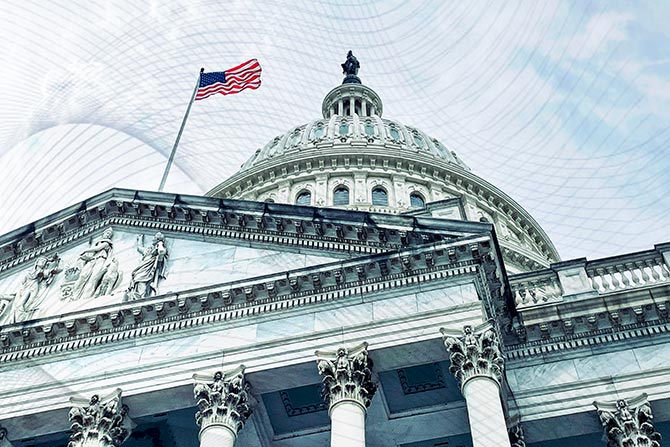Let’s face it. An addiction to gambling is a problem for banks.
American Banker just ran an article about banks and gambling: “Why Gambling is Suddenly a Problem for Banks.” The timing of this article makes perfect sense as there has been a significant increase in the marketing messaging around gambling, especially during NFL games.
Beer ads used to dominate during football games. Now, you see ads from brands like DraftKings and FanDuel. There are sites that regularly hawk these brands, such as Covers. Here’s the kind of stuff you’ll find there: “New bettors that register with the online sportsbook today receive $200 in Bonus Bets, plus any cash winnings, after an initial $5 wager. In other words, make an initial $5 qualifying bet and automatically receive an instant boost to your DraftKings account, regardless of the outcome of the wager and without the use of a DraftKings promo code.” Same as the commercials. These brands are spending big money to hook new customers.
How big is this problem? Big. The impact of gambling addiction stretches beyond individuals struggling with it. Gambling addiction also has an inherent “social cost,” experts say, a cost that is paid by American taxpayers. The National Council on Problem Gambling (NCPG) estimates that the annual national social cost of problem gambling is $7 billion. These costs include gambling-related criminal justice and healthcare spending as well as job loss and bankruptcy. This number, the association says, is probably far below the actual cost as numbers are hard to track, and there’s not a whole lot of research being done on the subject. Also, just as frightening is this: “60-80% of high-school students have gambled in the past year, and 14-19% either fit the criteria of having a gambling problem or are showing ‘signs of losing control.’” A February 2023 article in Money called sports gambling a “ticking time bomb” with “addiction at an all-time high and getting worse.”
According to a recent 60 Minutes segment, “Sports betting boom fuels concerns over problem gambling,” 50 million men regularly bet on sports and Americans have spent more than a quarter of a TRILLION dollars on sports betting. An addiction therapist warns that AI-powered sports betting has spurred a public health emergency. A contributing factor? Placing bets has become easier than ever. Who needs a bookie when you can place a bet on just about anything, anywhere, anytime, simply by opening an app on your phone?
Much like drug or alcohol abuse, a gambling disorder is a diagnosable, chronic mental health disorder. But studies have shown that society has a greater understanding of, and sympathy for, individuals who struggle with drug and alcohol addiction. Why? A gambling problem is viewed as one that’s far easier to control. In reality, problem gambling and substance abuse are very similar: Both come with higher-than-average rates of depression, anxiety and suicidal behavior.
According to the National Association of Addiction Professionals, problem gambling has the highest suicide attempt rate (up to 20%) of all addictions.
How does gambling impact banks? Research has shown that excessive gambling and debt are strongly connected. Those with clinical problem gambling often have high levels of debt. The severity of their addiction correlates with the amount of debt.
Research indicates that gamblers most often finance their debt with credit cards and unsecured loans — financial tools with higher interest rates. Of course, in order to be profitable, banks need that debt to be paid. The worry right now for the banking community is that it won’t be.
Our goal is to help bank marketers with topical, compelling marketing communication — developed by banking industry marketing professionals — that helps them build trust, relationships and revenue. To view our marketing creative — both print and digital — and to learn why over 300 financial institutions have chosen us as their bank marketing partner, visit our website at bankmarketingcenter.com. You can also contact me directly by phone at (678) 528-6688 or via email at nreynolds@bankmarketingcenter.com.









